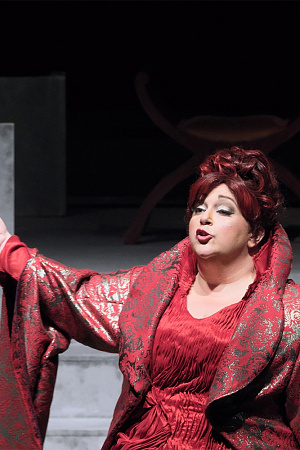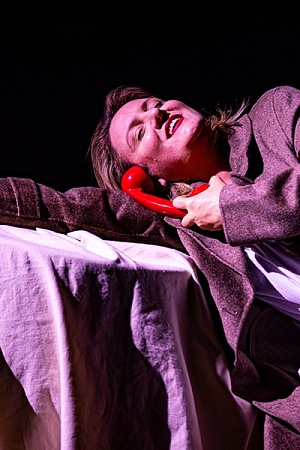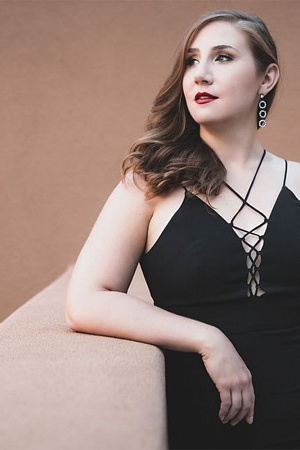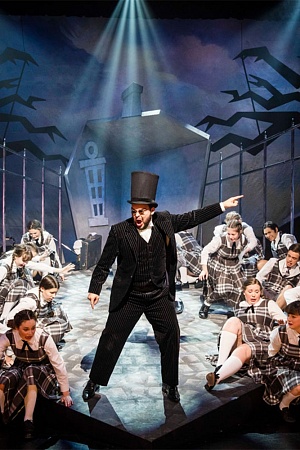La Sonnambula (Victorian Opera) ★★★★
Vincenzo Bellini – fresh from the success of I Capuleti e Montecchi in Venice – spent the July and August of 1830 on Lake Como biding his time. He was struck by the folk songs of the female workers at the textile mills as they made their way home. These idylls were to flavour his sixth and pastoral opera, La Sonnambula, ossia I due fidanzati Svizzeri.
The handsome, fashionable composer – dismissed by Heine as ‘a sigh in dancing pumps’ – was twenty-eight. He was seeing much of the famous soprano Guiditta Pasta, whose histrionic flair, and vocal power would shape his next three operas. Though attached to another (married) Guiditta (Turina), Bellini, ever ambitious, flirted with the idea of marrying Pasta’s daughter.
Continue reading for only $10 per month. Subscribe and gain full access to Australian Book Review. Already a subscriber? Sign in. If you need assistance, feel free to contact us.










Leave a comment
If you are an ABR subscriber, you will need to sign in to post a comment.
If you have forgotten your sign in details, or if you receive an error message when trying to submit your comment, please email your comment (and the name of the article to which it relates) to ABR Comments. We will review your comment and, subject to approval, we will post it under your name.
Please note that all comments must be approved by ABR and comply with our Terms & Conditions.